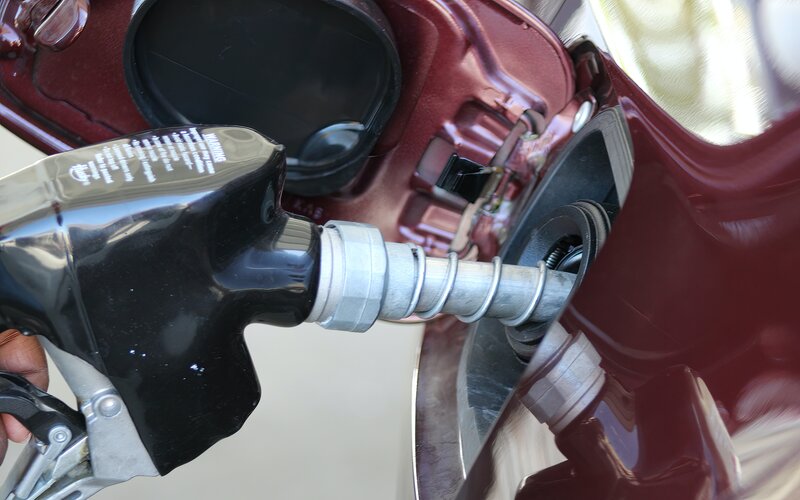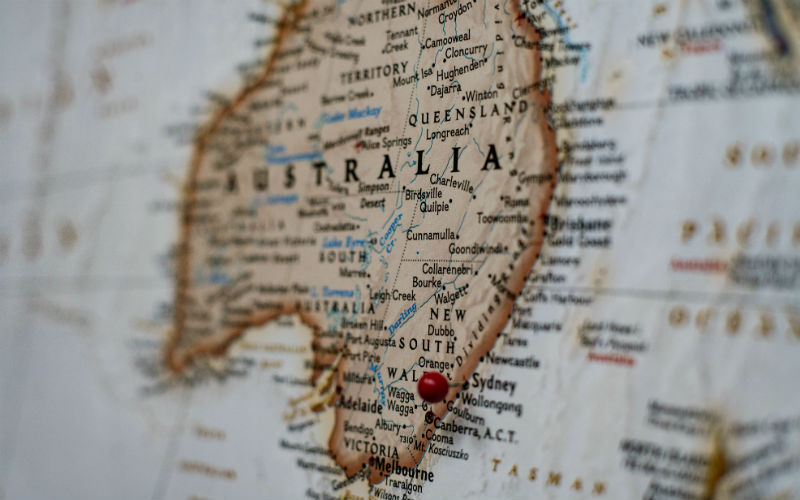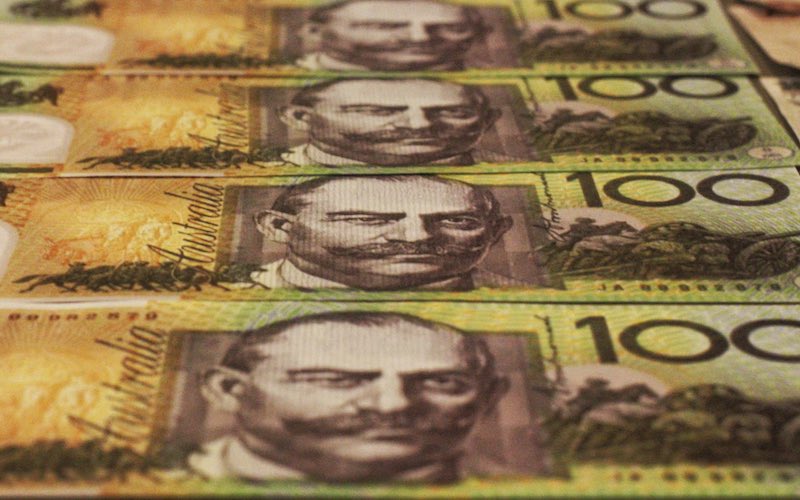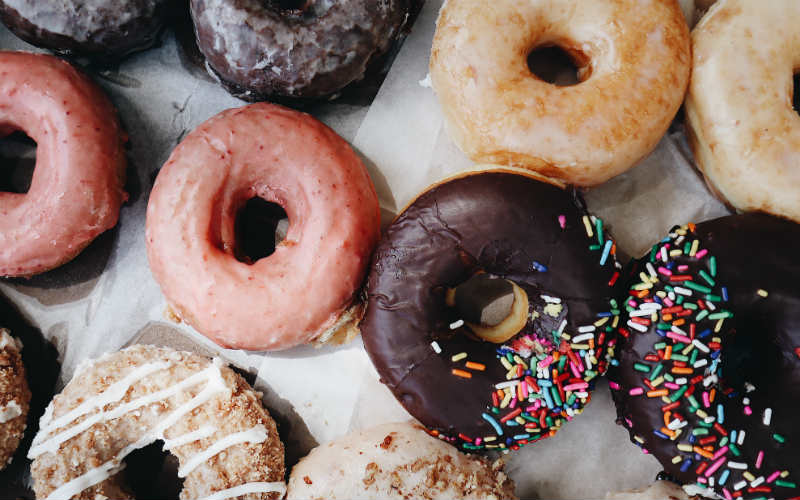Fuel prices rose 13.9%, compared to a 7.6% decline over the year to July.
Housing (up 6.6%), Transport (up 7.4%), food and drink (up 4.4%) and insurance (up 8.8%) also saw significant price increases.
Electricity prices rose 12.7% and gas was up 12.9%, which reflects increases to wholesale prices, although the energy bill relief fund should mitigate some of these increases for households.
The overall price of goods rose 5.1% over the twelve months to August, and 0.9% from July, while service price inflation was 5.6% annually, although the monthly increase was just 0.3%.
A 5.2% increase to the CPI indicator was the broad market consensus before today's release, although it was undershot by economists from CommBank (who predicted a 5.1% annual increase) and ANZ (who called another 4.9%).
A 9.1% monthly increase to fuel prices, after dropping 0.2% from June to July, could be cause for concern, but ABS head of prices statistics Michele Marquardt says this is mostly just a reflection of how volatile fuel prices are.
"[Increased fuel prices] partly reflect price changes from 12 months ago, when automotive fuel prices dropped 11.5% in August '22," Ms Marquardt said.
Underlying inflation, which excludes goods like fuel and food which tend to have more dramatic price fluctuations, was 5.5%, down from 5.8% in July.
Monthly, prices rose 0.5% comparing August to July.
Still on track for no more rate increases?
In the minutes from September's monetary policy decisions, RBA board members acknowledged fuel prices increased sharply in August, which in itself is likely to boost headline inflation this quarter.
The RBA still expect headline inflation to moderate over the remainder of the year, and most economists have concluded the cash rate is likely to go no higher.
A notable exception is Taylor Nugent of NAB, who said in his preview for August's CPI data (when he correctly predicted headline inflation would rise to 5.2%) that he and NAB continue to pencil in one final rate hike before the end of the year, taking the cash rate to 4.35%.
He highlighted elevated service price inflation as a potential upside risk that would indicate a further rate increase.
In July, service prices dropped 0.2% compared to June, but look to be creeping back up again, rising 0.3% from July to August.
Mr Nugent said it was likely the RBA would wait until the more substantial quarterly inflation figures are released in October to assess whether service price inflation is proving "more persistent than expected".
"We see [a 5.2% increase to the CPI] as consistent with a 1.2% quarter to quarter headline print for Q3," he said.
As far as next week's monetary policy decision goes, market expectations yesterday were there is a 93% chance Michele Bullock - and the RBA board - will decide against altering the cash rate in her first decision as RBA governor.
Picture by Dawn McDonald



 Denise Raward
Denise Raward


 Harry O'Sullivan
Harry O'Sullivan
 Harrison Astbury
Harrison Astbury

